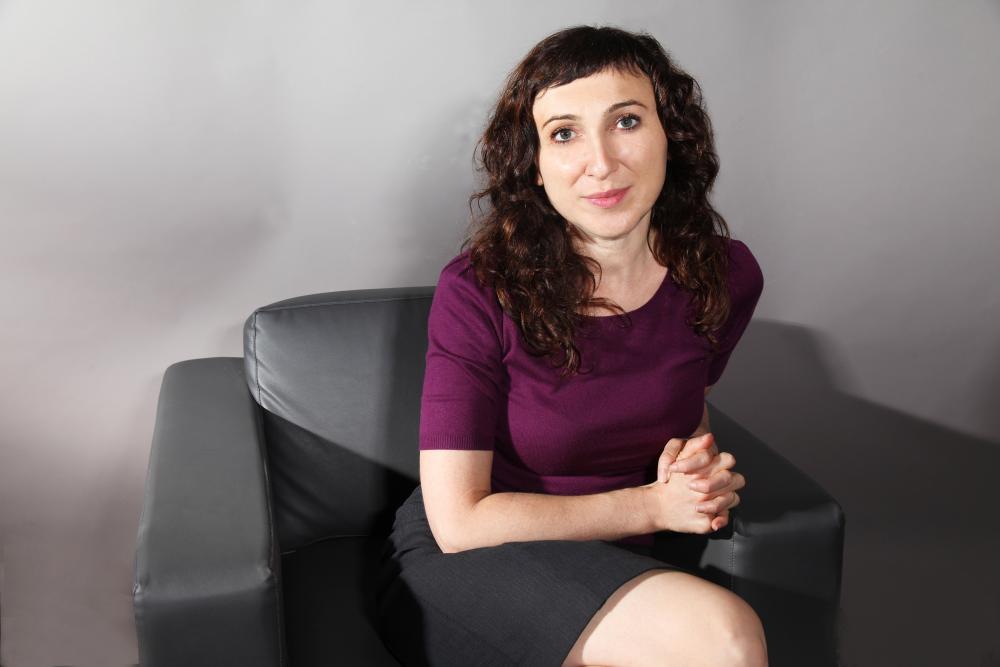
Letter From the Editor
In this issue of Voice, we consider the important work we do in our classrooms every day to teach critical thinking and build community that reflects and represents our students and their families. It is work, as President Hammond writes in his column, “that does not get measured by tests and isn’t reported in the news, but gets done nonetheless” to create exemplary learning conditions for our students.
Creating community and ensuring representation is a significant part of what Sangeeta McAuley writes about in her article on the importance of introducing Culturally Relevant and Responsive Pedagogy (CRRP) early and continuing to ensure it is part of the curriculum we teach. “Celebrating who our students are, using their identities to build learning communities and supporting them in understanding their own potential power and privilege is key to academic, social, emotional and physical well-being and success,” she writes.
Learning critical thinking is part of Erin Oxland’s discussion in Fighting Fake News in the Classroom. Oxland writes about using a new resource called NewsWise to help her students navigate misinformation online and learn news and information literacy. NewsWise was created by Civix, the organization behind Student Vote, and is free to educators at newswise.ca/educate. This issue includes a curriculum resource that you can use in your classroom. It asks students to consider “What is News?” and offers worksheets on defining journalism and differentiating fact from opinion.
In our Ideas section, Francesca Alfano reviews Peter Moss’s Transformative Change and Real Utopias in Early Childhood Education. This book proposes that the neoliberal narrative currently being used to understand early childhood education is not neutral or inevitable. “Peter Moss’s book,” Alfano writes, “provides a breath of fresh air, shifting the discussion away from testing and outcomes and toward democratic, experiential and transformative practice for learning in early childhood.”
Our feature interview with West Virginia teacher organizer Summer McClintock focusses on lessons to take away from the West Virginia teachers’ strike. McClintock talks about the importance of communicating with the community, building alliances and advocating for both the best interests of educators and the students we teach. As we begin to move into bargaining, it’s great to hear from a teacher organizer who was part of making significant gains for both students and educators.
These articles, along with reviews and a winter crossword are sure to make great winter reading.
Have a restful holiday break!
- Izida Zorde